If you aren’t playing board games (home or school), then you are missing out! I can already hear your eyes rolling as you say something like, “I used to play Monopoly every Thanksgiving with the family, and if I am remembering correctly it was pretty boring. Why would I want to play board games now?” That’s more than fair, but hear me out. Games have come a long way since 1935.
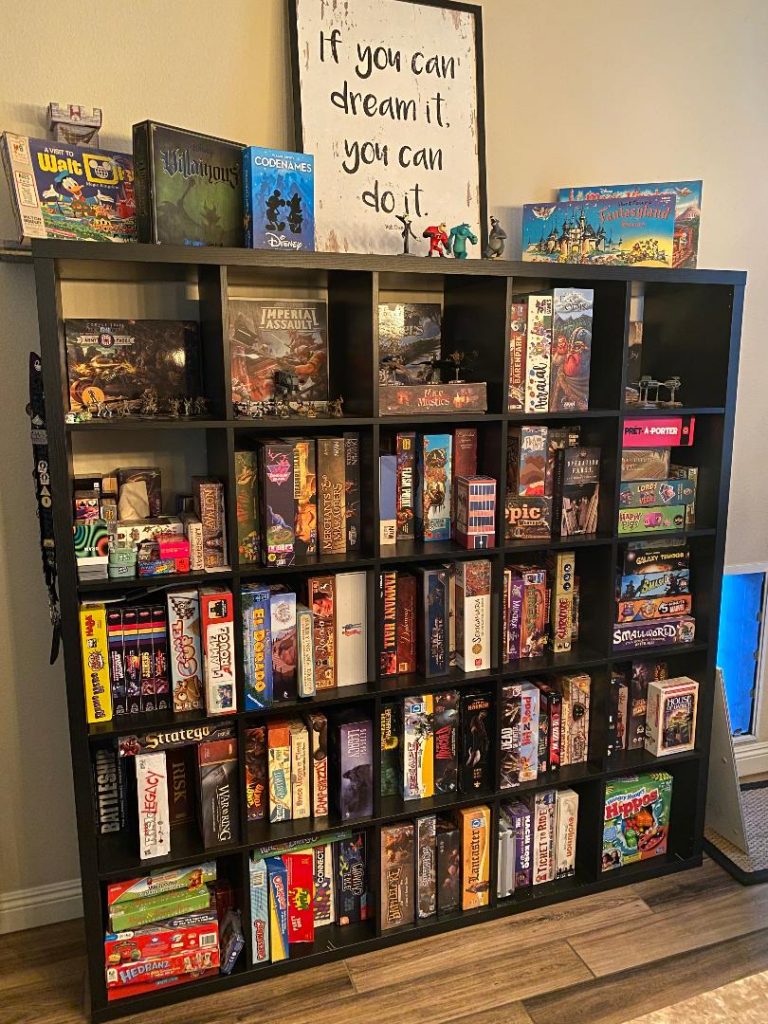
Family time helps make lasting connections.
Let’s start with the obvious reason board games are great for a family activity: it gets everyone around a table having fun. According to a study performed by John Hopkins University, students who have a positive relationship with their parents do better academically. We know, as parents and educators, the positive effect of showing interest and simply spending time with a child can have. Playing games and having fun will help to build memories and connections
You get immediate feedback from other players.
Personally, I love when you do something amazing and hear everyone at the table say, “ooh and ahh.” Who doesn’t love to hear, “Job well done?” All of us love to get an “atta boy “ or job well done from time to time. Playing games gives us an opportunity to give earned and sincere praise to our children.
According to Dr. Dewar, praise helps children feel like they can keep trying after failure, and continue working on challenging tasks.
Gratifications in accomplishments lead to increases in self-esteem.
Many games are challenging and often take time to become really good at them. Providing a challenge for your kids to overcome, helps them to build self-esteem through achievement. Self-esteem earned by doing something that was hard is lasting.
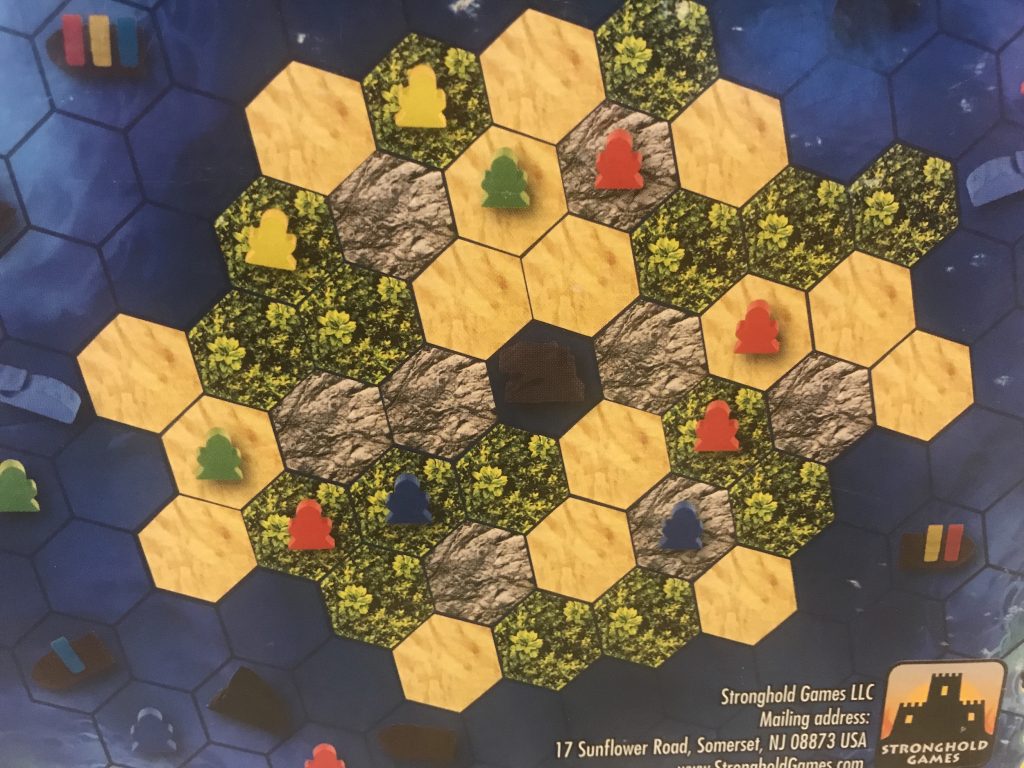
Playing against other people provides a greater challenge than playing against a computer.
I love video games. I started playing them on an Atari. Video games have a problem though: they can get predictable and at points boring. Playing with other people can prove to be more challenging as other players have the ability to adapt, be spontaneous, be irrational, and at times unpredictable.
Tangibility, it is satisfying to move pieces around.
Game play helps tap into and builds that kinesthetic enjoyment. In the world we live in where everything is going digital, there is something satisfying about physical interacting with a game. This is something a screen simply cannot do.
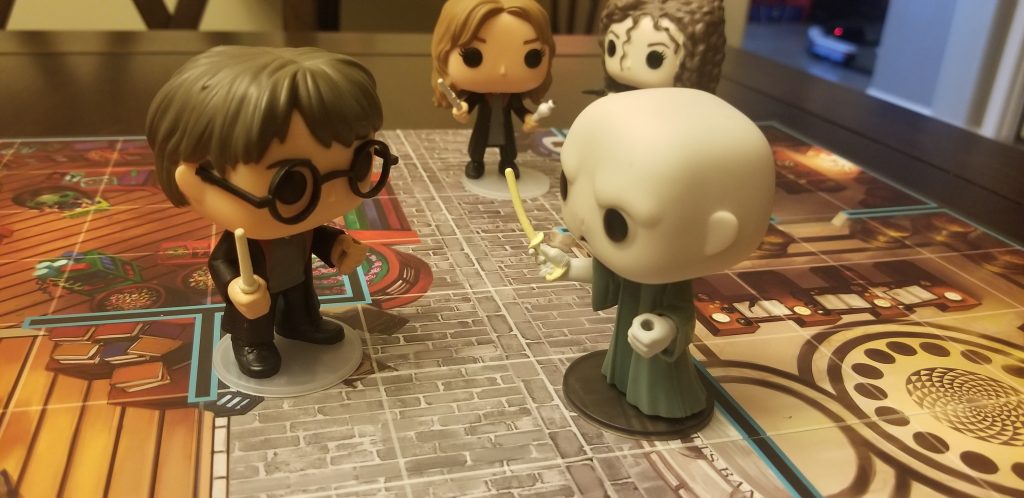
Learning from mistakes
This is a hard lesson in life. Mistakes can be costly and hurt sometimes.
Games provide an opportunity for students to take risks and fail while the cost is “inexpensive.” Board games allow kiddos to learn how their choices affect their results in a safe environment.
To quote Micheal Jordan, “I’ve missed more than 9000 shots in my career. I’ve lost almost 300 games. Twenty-six times I’ve been trusted to take the game winning shot and missed. I’ve failed over and over and over again in my life. And that is why I succeed.”
Practice creating a plan to accomplish a goal, and adapting to changing conditions
One of the greatest strengths of modern board games is the large decision space they provide players. This forces players to come up with many creative and clever ways to solve whatever problem the game has thrown at them. Often it takes a few rounds for a plan to come together and as a result this players must think about how their actions will affect them a few rounds down the road.
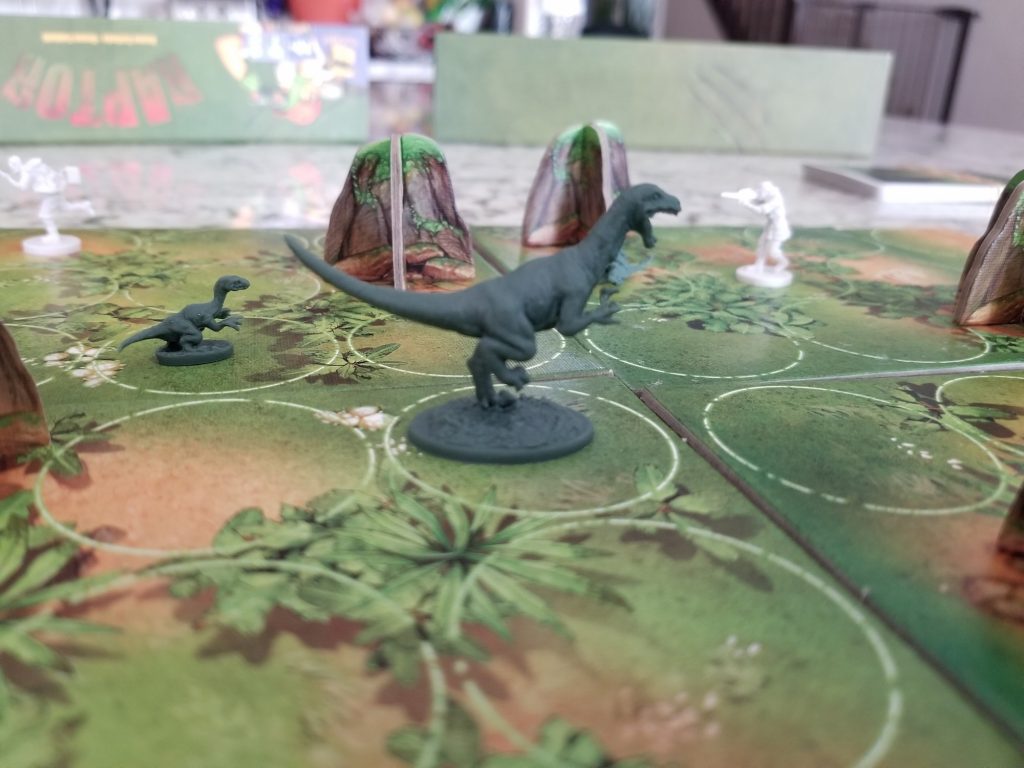
But, as the famous philosopher Mike Tyson once said, “Every man has a plan, until he’s punched in the face,” and many of our plans will not withstand initial contact with our advisories. Most modern games require you to adapt under pressure as your initial plan unravels.
Long term planning, mental plasticity in the face of adversity, and the cause and effect relationship of one’s actions are lessons we all want our kids to learn.
Strategic thinking and problem solving
As a teacher I have always held the philosophy that teaching children to think is as important, if not more important, than the content in the curriculum. Years from now, I am pretty sure my former science students won’t remember how to calculate the specific heat of an element, but I know they will still be able to identify a problem and logically work toward a solution.
Games provide ample opportunity to hone this skill. Over and over in most modern games, players need to identify the problem standing in the way of their victory, evaluate the options available, and how they are going to execute it while having fun (not that finding the specific heat of an object isn’t fun!). Furthermore, the difficulty of the challenge often increases as the game progresses, encouraging the child to learn and try new strategies.
Cooperative game play builds compassion and teamwork.
Many modern board games are cooperative, allowing you to play together with, instead of against, your family and friends. Playing games like this provides an opportunity to practice their social skills, promote patients, and explore how to interact with others. Children will need to explain what they want to do, ask for help from other players, and most importantly learn how their choices affect how others react.
- Did they demand someone else’s help or ask nicely?
- Was their tone angry or kind?
- Did they wait patiently for their turn or rush and pressure the others?
They get to see how their behavior affects their enjoyment as well as the enjoyment of others
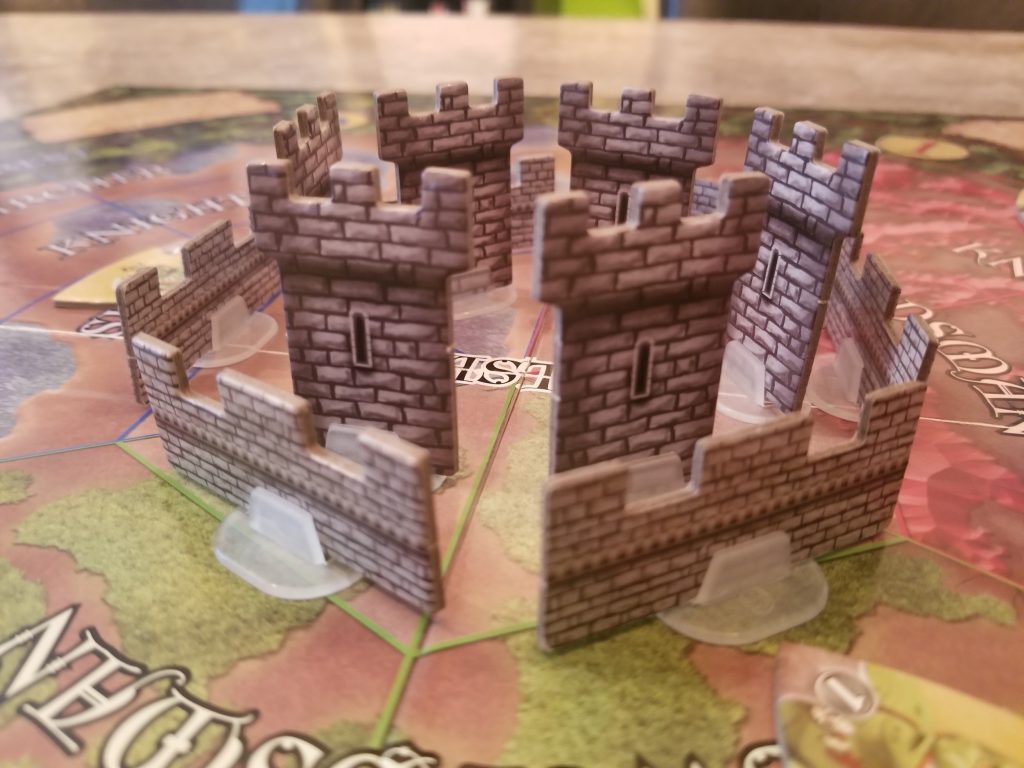
Children also develop compassion as they learn to understand others’ struggles with the same problem. Kids can see someone else not get the cards or rolls they need to succeed and feel empathy because they were just in that same situation. Showing support and helping to make people feel better or seeing how the criticism they gave hurt someone’s feelings is a valuable lesson. Kids can develop these social skills within a safe environment because at the end of the day, it is just a game!
Playing games provides of the benefits we look for when we teach literature.
Children get the chance to live and learn vicariously through the experiences the game provides. It allows kids to be the brave heroes risking everything to save the world from a pandemic, rush into a burning building to save the residents, or rescuing the king as a tiny mouse knight from an evil scorpion. Children can learn the elements of an well-developed story and apply those skills both in and outside the classroom.
Ultimately when it comes to board games, just like family dinner, it is less about what is on the table and more about who shares it with you.

